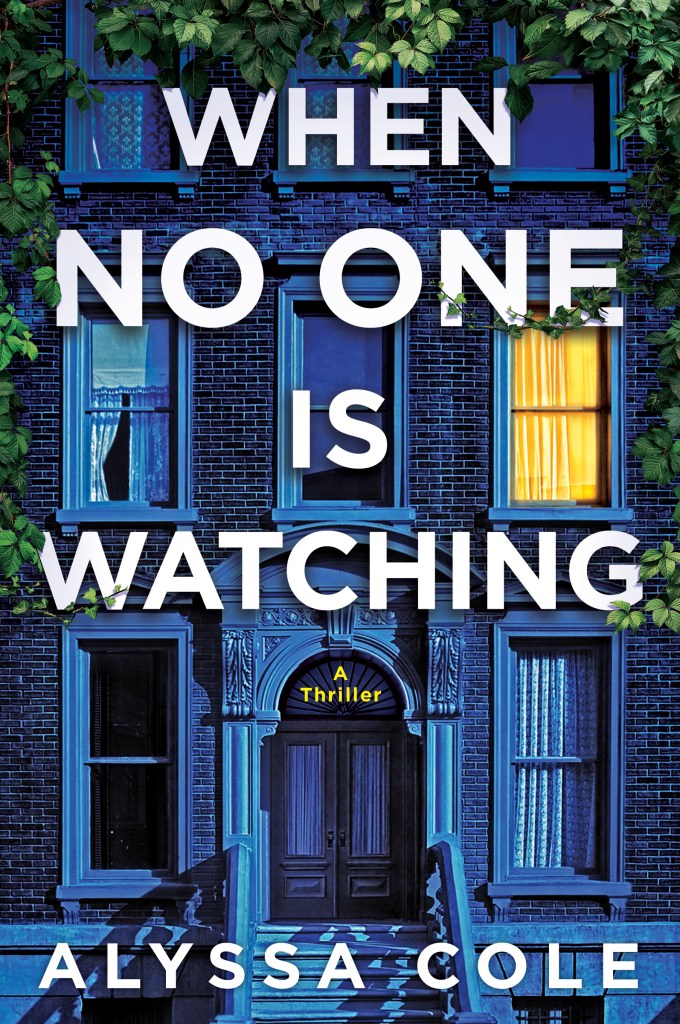At The New York Times, Alyssa Cole discusses her new book, When No One Is Watching, with Concepción de León, and the difference between writing romances and thrillers. “When I’m writing romance, I’m leaning more into the good,” Cole says. “In every romance you have to also make the reader feel bad sometimes, but you lean into certain beats that will make the reader feel happy, feel hopeful and excited. In this, it was fun to be able to lean into things that would make the reader feel anxious, because I was anxious in writing it. I could explore the kinds of things that can be done in the story when focusing on that slate of emotions as opposed to romantic emotions.”
Alyssa Cole on Leaning Into Anxiety









